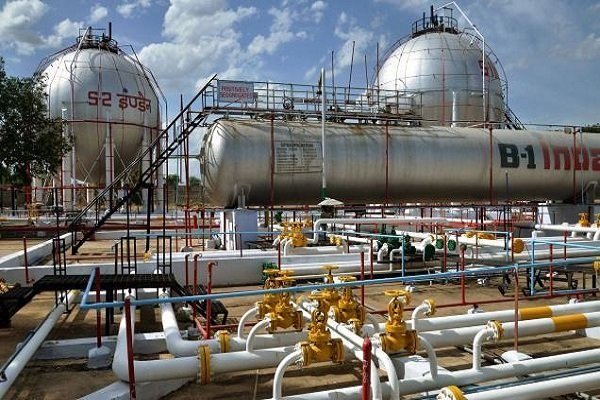“Main players of oil market now consider India as the main growth hub for oil demand," he added.
Referring to Iran’s marketing performance in oil sales, Barkeshli said, “the marketing principles and system of Iran’s crude oil and its byproducts are originated from the principles that has been formed and institutionalized in oil and gas sectors of the country for years.”
Given the above issue, the principle of Iran’s crude oil exports had been confined to four countries including China, Japan, South Korea and India which had been excluded by the UN Security Council as a part of Iran’s oil sanctions.
After a landmark nuclear deal inked between Iran and six world’s major countries (including the five permanent members of UN Security Council plus Germany), Iran’s oil industry managed to keep up with the international norms, he said, adding, “of course, it should be kept in mind that recurrence of 3.8 million barrels of Iran’s oil to the world markets did not materialize suddenly.”
Elsewhere in his remarks, he pointed to the situation of Iran’s export policies in the gas field and added, “since Iran holds world’s second gas reserve in the world, this country is founder of World’s Gas Producers and Exporters Forum, so that self-reliance of OPEC members committed to the market stability will propel each barrel of oil up to $70.
According to him, the world would not expect considerable oil price fluctuations in the first half of 2018.
He pointed to the policy adopted by India in reducing oil purchase from the Islamic Republic of Iran, he said, “India’s oil import slump is not a political matter.”
It is for more than 35 years that the natural gas of country is exported to other countries via pipelines connected to Pakistan and India, so that it can be said that designing a strong and influential diplomacy in gas exports is considered as one of the most important priorities in the field of country’s energy diplomacy.
MA/4203425


























Your Comment